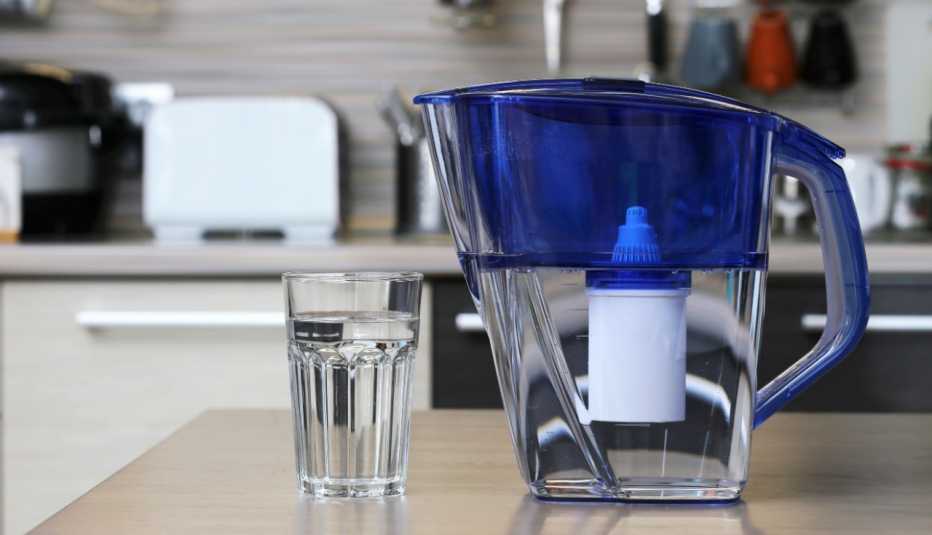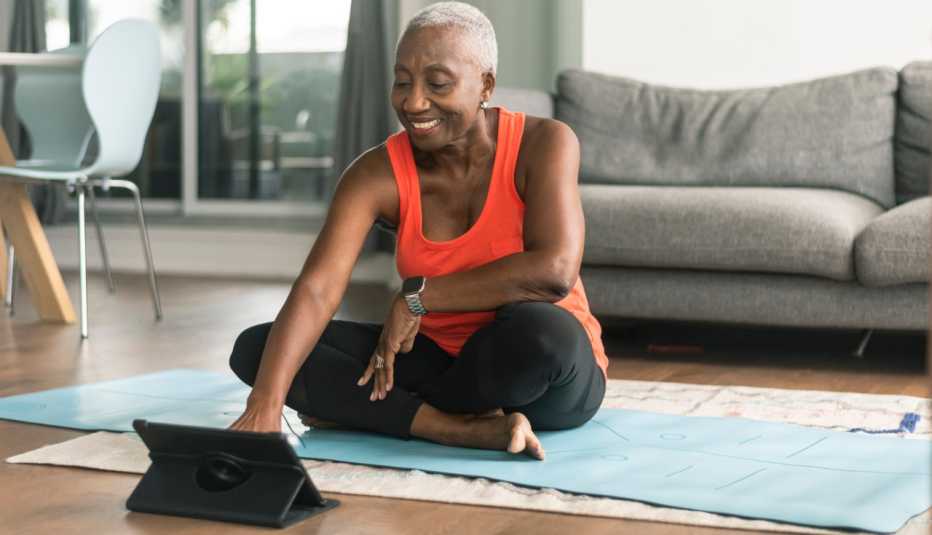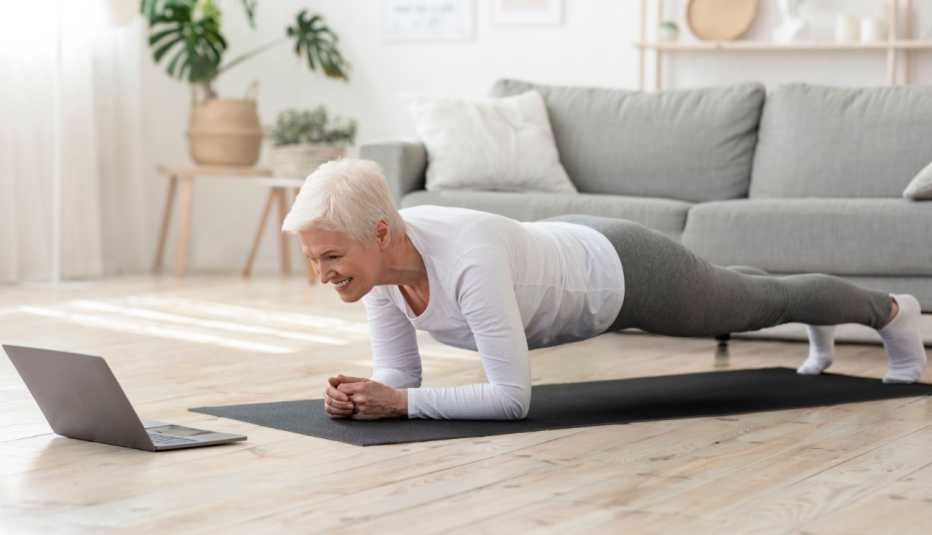Staying Fit
It’s time to think about New Year’s resolutions. More than 4 in 10 U.S. adults make at least one, surveys say. Health resolutions are popular. So are resolutions about saving money. That might be especially true this year, due to inflation and an uncertain economy.
What if you combined your desire to get healthier with your determination to stretch your dollars in 2023? You might try some of these ideas:


AARP Membership— $12 for your first year when you sign up for Automatic Renewal
Get instant access to members-only products and hundreds of discounts, a free second membership, and a subscription to AARP the Magazine.
Resolution #1: Walk more, drive less
If you are lucky enough to live within walking distance of your favorite stores and gathering places, resolve to walk to them more often. You’ll save money on gas and reap the health benefits of walking. Those include lower risks of high blood pressure, heart disease and diabetes, stronger muscles and bones, easier weight maintenance and a better mood, according to the National Institutes of Health.
Not sure you are up to walking through your errands? Start with shorter jaunts: Research suggests every minute matters. If you need some help getting going, in some communities you can find walks led by health professionals, through the Walk With a Doc program (AARP is a sponsor).
Resolution #2: Lower your thermostat for better sleep
You can take a bite out of your winter heating bills and sleep better by setting your nighttime temperature lower than most people do, research suggests. The Sleep Foundation suggests a range of 60 to 67 degrees, with a sweet spot around 65 degrees.
But Michael Breus, a clinical psychologist and sleep specialist, says that range is too low for many people, including those who sleep nude or with minimal bedding. Also, he says, we tend to feel colder with age, because we lose fat directly beneath our skin, which acts “like a long underwear layer of insulation.”
The best idea, he says, is to experiment with lower temps. If you are younger than 65, he suggests trying 65 degrees to start; people over 65 might start at 70 degrees, he says.


Resolution #3: Drink more water, from fewer bottles
Water is the perfect health drink. But bottled water is much more expensive than tap water, with no health advantages in places where tap water is safe, as it is in most of the United States. If you don’t like the taste of your tap water, are worried about its quality or like fizziness or added flavor, there are simple, inexpensive solutions.
First, you can put a filter on your faucet or under your sink or use a filtered pitcher to remove chlorine, lead and other substances that might affect taste or safety. A pitcher, for less than $40, is the most affordable option, according to Consumer Reports.
For fizzy water, get a soda-making kit, starting for less than $60. Though you can buy flavor packs for soda makers, you can more cheaply add your own fruit juice, herbs or other mixers.


Resolution #4: Rediscover the library
Reading is good for your brain: Studies suggest it can slow memory decline and, if you read fiction, increase your sense of empathy. But buying books and magazines can get expensive.
Luckily, in most U.S. towns and cities, there’s a place where the books are free and plentiful: the library. If you haven’t been to one lately, give it a try, in person or online. The library is a great source of printed books (including large-print versions), and you can also borrow electronic and audiobooks.










































































